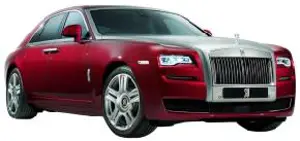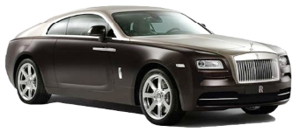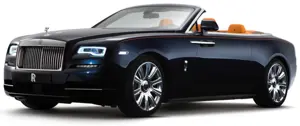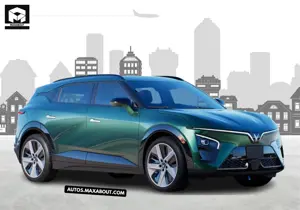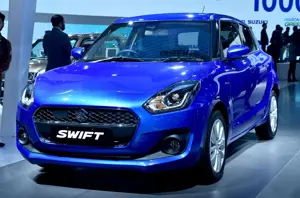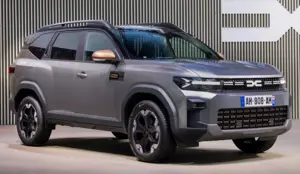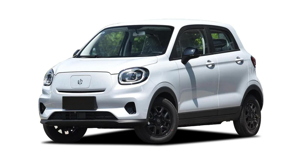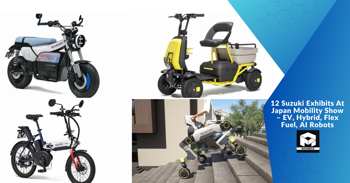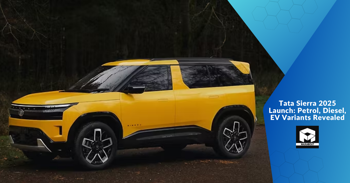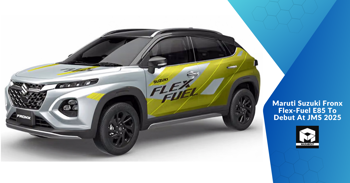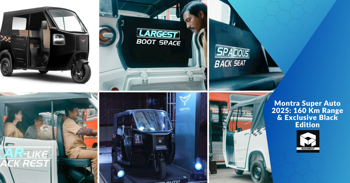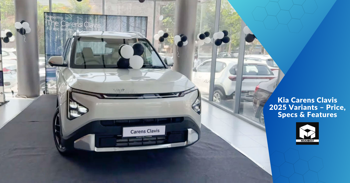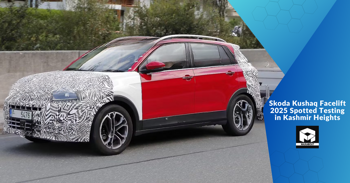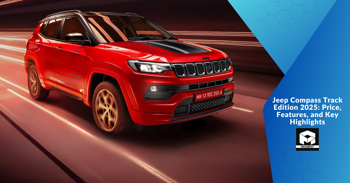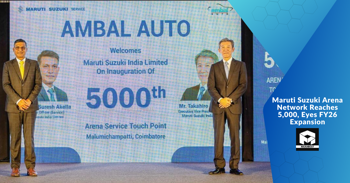Can the Inster challenge the established small EVs with range and charging speed?
Hyundai Inster is entering a market where small electric vehicles are getting ever more competitive in terms of range and charging capability. The Inster wants to offer city friendly size with practical usability for longer trips, with its 49kWh battery option and 85kW DC fast charging as standard. But where does it sit in relation to other more well established players in the small EV market, such as the Mini Electric, the Fiat 500e and even more sizeable cars like the Volkswagen ID.3? All in all, range in the real world, across various driving conditions, charging network compatibility and value proposition further accounting for range and charger speed vs price are factors to be considered. The debate also involves whether the Inster's range and charging specs are enough for the Inster's intended use as largely a city car with the occasional longer trips.
The 49kWh battery feels small, but the 85kW charging is decent. For city use it's fine, but I'd be worried on longer trips.
Most Popular Cars
Based on Cars Popular on Maxabout
Rolls Royce Ghost Series II
₹ 4,93,00,000
728 Views
Rolls Royce Wraith V12
₹ 5,28,00,000
493 Views
Rolls Royce Dawn Convertible
₹ 6,25,00,000
657 Views Recently Added Cars
New Cars Added On Maxabout
VinFast VF7 Sky Infinity
₹ 25,49,000
467 Views
VinFast VF7 Sky
₹ 24,99,000
445 Views
VinFast VF7 Wind Infinity
₹ 23,99,000
469 Views Upcoming Cars
Exciting Upcoming Cars
Maruti Swift Hybrid
₹ 10,00,000
1601 Views
Renault Boreal Bigster SUV
₹ 13,00,000
1671 Views
Leapmotor T03
₹ 8,00,000
1181 Views Discussions and Questions Can The Inster Challenge The Established Small Evs With Range And Charging Speed
Can the Inster challenge the established small EVs with range and charging speed?
02 January 2025 11:38
Ask a Question
Latest News
Recently Added News
12 Suzuki Exhibits At Japan Mobility Show – EV, Hybrid, Flex Fuel, AI Robots
Saturday, 11 October 2025 8:00 AM
Jeep Compass Track Edition 2025: Price, Features, and Key Highlights
Friday, 10 October 2025 4:33 AM
